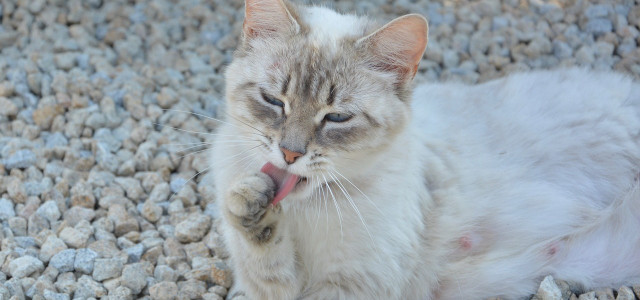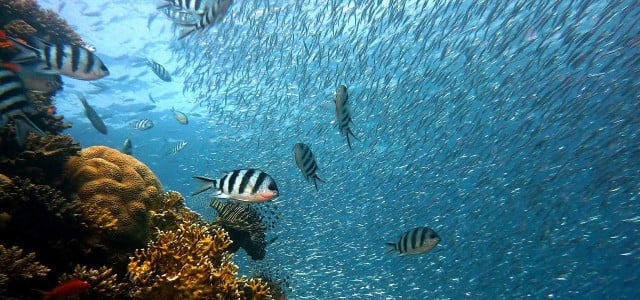Disposing of your cat's litter is an unfabulous task that every cat-parent has to endure. Read on to find out why you shouldn't flush 'flushable' cat litter and how to dispose of it out more sustainably.
‘Flushable’ cat litters have become increasingly popular. While these products are marketed as more sustainable and convenient alternatives to clay-based litter, the term ‘flushable’ is misleading. Flushing cat litter should not be promoted because doing so can still cause damage such as clogging pipes, contaminating water supplies and septic systems, and be harmful to the environment in general.
This article goes over the differences between regular cat litter and flushable cat litter, explains why you should not flush ‘flushable’ cat litter, and what a more sustainable alternative would be.
Are you a dog parent? Check out our guide: How to Dispose of Dog Poop Responsibly.
Regular vs. Flushable Cat Litter
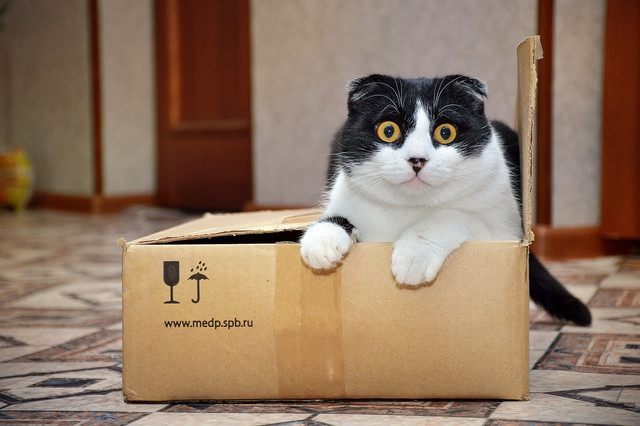
(Foto: CC0 / Pixabay / katya-guseva0)
Regular kitty litter is usually made from clay-based products and the more expensive types are mostly made from silica. These materials clump up when wet, and thus makes disposing of waste easier for the cat-parent. They also usually contain odor-masking ingredients. Because of these ingredients, you should never flush regular cat litter because it can cause serious slogging in your toilet and pipes. The only responsible way to dispose of regular cat litter is by throwing it out with the general waste because these clay-based formulas do not compost and can have negative effects on the environment.
Flushable cat litter on the other hand, is made with biodegradable materials like corn, pine, wheat, and wood products. Unlike regular kitty litter, these materials do not clump, which makes it possible to flush them down the toilet. The corn and cassava ingredients used in this type of cat litter also allow great odor control without the use of artificial fragrances often found in regular cat litter. However, some of the ingredients used in this litter are known to be cat-allergens (corn and wheat).
Did you know that ‘flushable’ wipes aren’t an ecologically unproblematic solution? Learn more in our guide: Are Flushable Wipes Really Flushable?
Why Not to Flush 'Flushable' Cat Litter
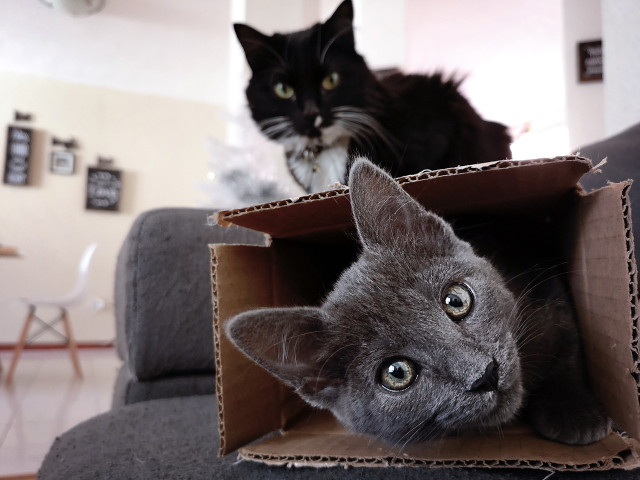


(Foto: CC0 / Pixabay / DomPixabay)
Flushing ‘flushable’ cat litter can have negative effects on piping, the environment, animals, and even humans. A major threat posed by this cat litter is that it can expose the environment, people, and animals to a parasite called toxoplasma gondii, which can be spread through cat urine.
The parasite is most known for having the potential to harm fetuses of pregnant women exposed to it when cleaning their pet’s litter boxes. The parasite in feline urine is also believed to be linked to the death of sea otters that live close to the mouths of polluted rivers and streams. Cats are the only known carriers of this parasite that is believed to be strong enough to withstand sewage treatment.
How to Dispose of Cat Litter Sustainably
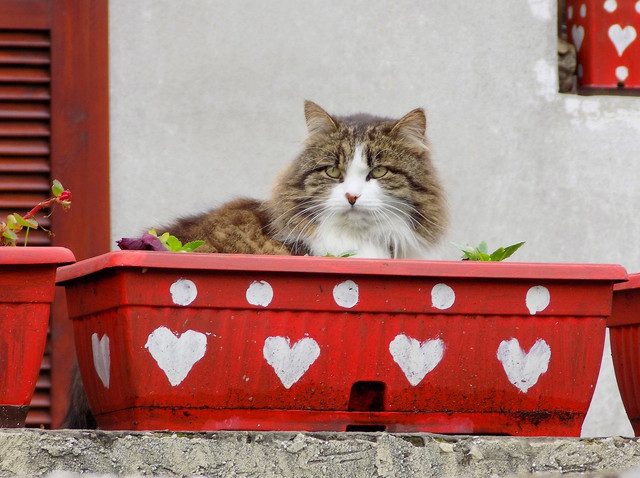


(Foto: CC0 / Pixabay / rozsamelinda)
Instead of flushing your kitty’s litter, a more sustainable option is to compost it. In this case, be sure to use ‘flushable’ cat litter because these formulas are made with biodegradable ingredients. If using regular clay and silicone-based kitty litter, do not compost this waste because these substances do not breakdown.
Read on:
- How to Compost in an Apartment: 4 Options & Tips
- 3 Natural Flea Repellents for Dogs and How to Get Rid of Fleas
- Bioplastics: How Green and Sustainable Are They?
Do you like this post?






